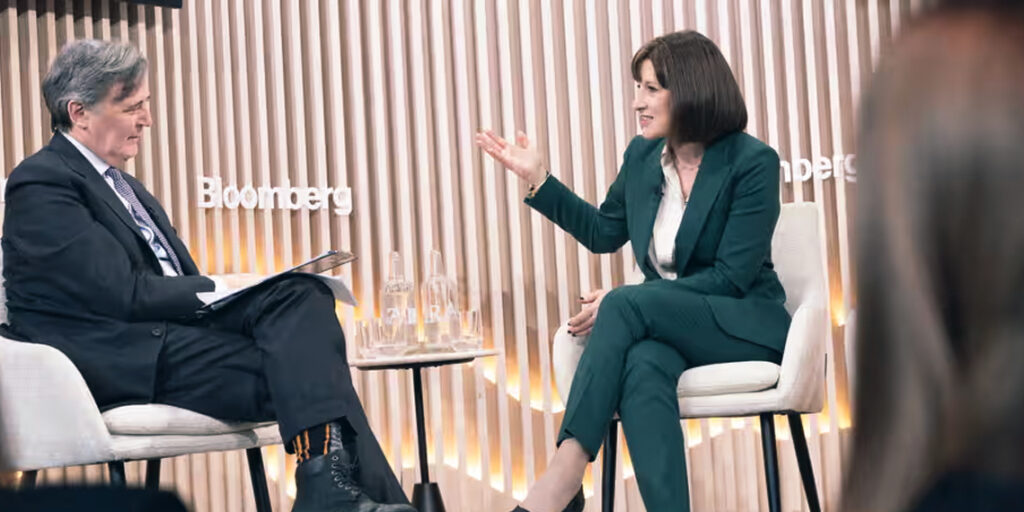The UK government is set to publish an immigration white paper later this year that includes a comprehensive review of visa routes designed to attract more high-skilled workers.
Chancellor Rachel Reeves announced this initiative during a breakfast event at the World Economic Forum in Davos, emphasizing the UK’s commitment to fostering economic growth by drawing global talent.
New Focus on AI and Life Sciences
Speaking at the event, Reeves revealed that the government will reassess immigration pathways for highly skilled professionals, particularly in areas like artificial intelligence (AI) and life sciences. “We are going to look again at routes for the highest skilled people,” she said, reaffirming the UK’s position as a global hub for innovation.
Highlighting the nation’s strengths, Reeves added, “Britain is open for business, we are open for talent, we’ve got some of the best universities, some of the best entrepreneurs in the world, but we also want to bring in global talent.”
Maintaining Balance on Migration
While the Labour government aims to attract high-skilled workers, it also seeks to address concerns around overall migration levels. Party leader Keir Starmer has been critical of the Conservative government’s previous “open borders experiment,” positioning Labour’s approach as balanced yet pro-growth.
To achieve this balance, ministers plan to consult with businesses and refine visa routes under the existing skilled worker visa system. The system saw 50,900 applications from main applicants between April and December last year, according to official statistics.
Strengthening International Recruitment
The government also intends to mobilize British diplomats overseas to promote the benefits of living and working in the UK. By highlighting opportunities for top-tier talent, the aim is to bolster the UK’s reputation as a destination for innovation and entrepreneurship.
Infrastructure Decisions and Regulatory Reforms
During her speech, Reeves hinted at progress on major infrastructure projects, such as a potential third runway at Heathrow Airport, and emphasized the need to overcome opposition to essential growth initiatives. “The answer can’t always be no,” she stated, referring to past delays in critical infrastructure projects.
In addition, Reeves addressed regulatory reforms, confirming the departure of Marcus Bokkerink as Chair of the Competition and Markets Authority (CMA). She linked his exit to strategic differences, noting that regulators must align with the government’s growth-driven mission.
“Our number one mission is growth,” Reeves affirmed. “We want our regulators to be part of that mission.”
Ministers have also asked regulators to outline how their strategies will support key sectors like technology and financial services to enhance the UK’s economic competitiveness.


